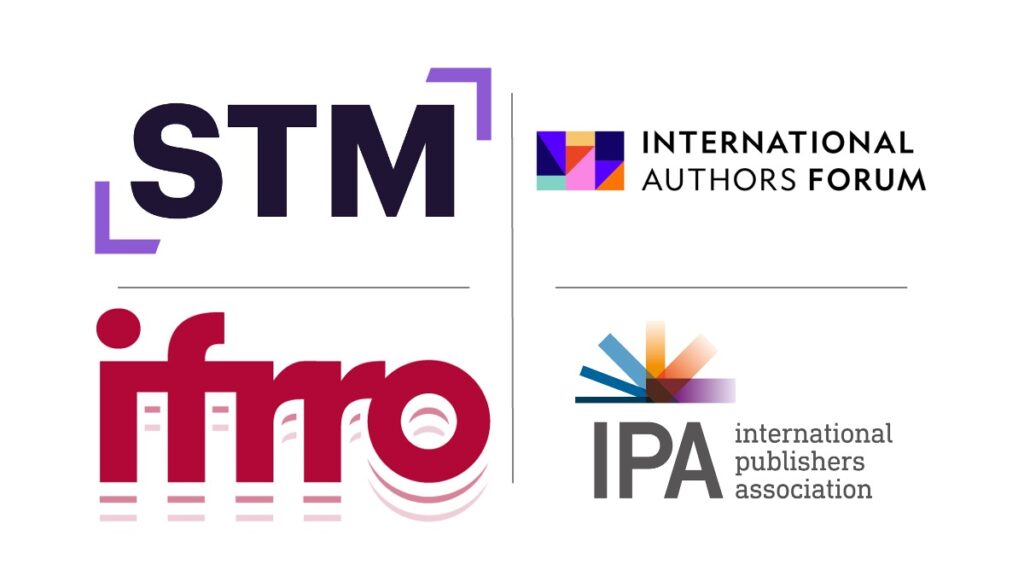The reasons leading to the President’s referral of the Bill back to the National Assembly in 2020 included copyright exceptions that “may constitute arbitrary deprivation of property; may violate the right to freedom of trade, occupation and profession, and may be in conflict with” international treaties to which South Africa is a contracting party or a signatory. A long process followed the President’s decision, but the defective provisions have remained unaddressed, despite semantic non-substantive changes. Writers and the whole publishing and book industry stand united against an ill-constructed Bill that jeopardizes South Africa’s literary diversity and educational content production.
The excessive and defective exceptions & limitations that remain in the Bill will prevent the establishment of a fair marketplace for books and are especially penalizing for literary, educational and academic copyrighted works. This is the result of an unprecedent, overbroad fair use provision in S.12A, which remains unwarranted and is void of the guardrails imposed by international law. The numerous other exceptions & limitations in S. 12B, C and D and S. 19C further degrade the integrity of copyright protection by undermining the exclusive rights of reproduction, translation and adaptation, which are the legal bedrock of the book sector. These provisions are arguably incompatible with the three-step test set out in international copyright treaties as they are not confined to certain special cases, instead making unauthorized access to copyrighted works the rule rather than the exception. In addition, the application of these provisions will result in significant damage to the legitimate interests of authors and publishers, as well as prevent the normal exploitation of their works, by systematically granting unauthorized and unpaid access to copyrighted works owned by author and publishers, undermining sales and licensing. The few semantic changes made to some of these provisions do not accomplish compatibility with international treaties. Instead, they perpetuate legal uncertainty, compromising the sustainability of a rich and diverse South African literary and book sector.
Moreover, the exceptions applicable to educational purposes will decimate the production of educational and academic content by South African authors and publishers for South African teachers and students.. In a time where education is more important than ever, where policy makers around the world are concerned about the dangers of misinformation in the digital environment, such an outcome is unjustifiable.
This Bill has been opposed consistently by national and international voices from the book sector, in defense of South African literary and educational communities. We are deeply disappointed by the possibility of seeing irreversible damage happen, not only to our communities, but also to the South African creative economy. Degrading copyright protection in these terms will cause irreparable losses on employment, investment capacity and tax payments, in addition to compromising compliance with international law.
We call on President Ramaphosa to not give assent to the Bill and instead be the voice of reason to defend laws that respect the South African Constitution and the international treaties that South Africa has committed to respect.
The International Authors Forum (IAF) is the voice of authors worldwide, it is a membership body for organisations representing professional creators all over the world. It was formed by a collaboration of author’s organisations in 2013 to ensure that professional creators can work together to deal with the challenges they face. With over 85 authors and visual artists organisations as members, the IAF represents over 750,000 professional creators in the world.
IFRRO, the International Federation of Reproduction Rights Organisations, is the global industry body for collective management organisations in the text/image sector. We facilitate, on an international basis, the collective management of reproduction and other rights in text and image works through the co-operation of our 150+ member organisations drawn from more than 85 countries around the world. IFRRO members represent many millions of authors, visual artists, and publishers of books, journals, newspapers, magazines, and printed music. Throughout the world, IFRRO members stimulate creativity, diversity and investment in cultural goods as a useful tool for rightsholders, consumers, especially from the educational sector, the economy, and society as a whole.
The International Publishers Association (IPA) is the world’s largest federation of publishers associations with 101 members in 81 countries, including the Publishers Association of South Africa, PASA. Established in 1896, the IPA is an industry body with a human rights mandate. The IPA’s mission is to promote and protect publishing and to raise awareness of publishing as a force for economic, cultural and social development. Working in cooperation with the World Intellectual Property Organization (WIPO) and numerous international NGOs, the IPA champions the interests of book and journal publishing at national and supranational level. Internationally, the IPA actively opposes censorship and promotes copyright, freedom to publish (including through the IPA Prix Voltaire), and literacy.
The International Association of Scientific, Technical and Medical Publishers (“STM”) is a non-profit international trade association of more than 140 scholarly, scientific, technical, medical, and professional publishers collectively responsible for more than two-thirds of the English-language scholarly and professional literature. STM works to support the integrity and quality of the scholarly record on behalf of its members. First organized in 1969, STM is based in The Netherlands and has members in Europe, North America, and Asia. STM is an accredited observer at WIPO.

